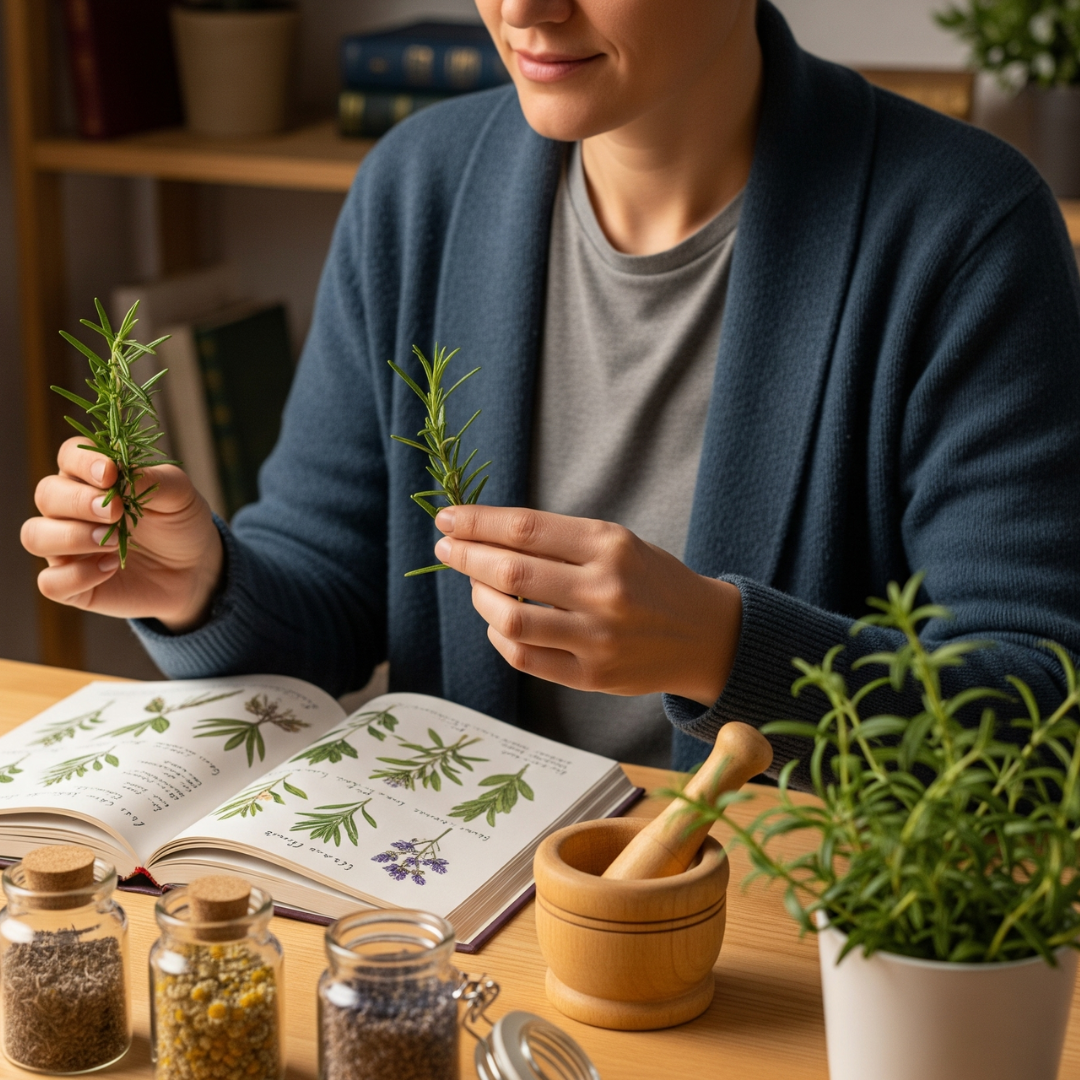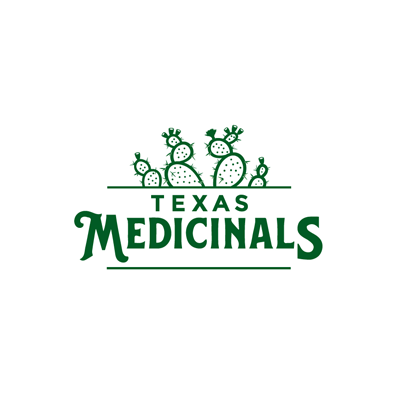
A Grounded Guide to Herbal Medicine Safety
Herbal medicine has been used for centuries to nourish the body, support wellness, and reconnect us to the rhythms of nature. But as herbalism grows in popularity and more people integrate herbs into their daily lives, conversations around safety have become increasingly important.
At Texas Medicinals, we believe herbs can be used safely when approached with care and respect. In this guide, we’ll explore how to use herbs wisely—understanding general best practices, thoughtful use, and how to navigate potential interactions with pharmaceuticals. Whether you’re new to herbs or a longtime practitioner, this is for you.
Herbs and Pharmaceuticals: Navigating Interactions Thoughtfully
As more people explore combining herbal preparations with conventional medications, it’s important to understand potential interactions. Just because something is natural doesn’t mean it’s risk-free—especially when pharmaceuticals are involved.
Sometimes, an herb and a pharmaceutical might interact in a way that requires dosage adjustments—not an automatic contraindication. Open communication, careful research, and mutual respect between herbalists and medical professionals help ensure safe, individualized support.
Encourage Honest Dialogue
Many individuals don’t disclose their herbal use to doctors out of fear of disapproval. But when we ask about herbs with warmth and without judgment, we open the door to deeper understanding and more informed care. Herbalists and physicians can work together, using herb-drug interaction tools and case-by-case evaluations to make thoughtful decisions.
Understanding the Herbal Safety Spectrum
One helpful tool for assessing an herb’s safety is the Herbal Safety Continuum, which ranks herbs on a scale from gentle and nutritive to potent and best reserved for short-term use or experienced practitioners.
Here’s a quick overview:
- Nutritive herbs (e.g., nettle, oatstraw) – food-like, nutrient-rich, commonly used daily.
- Nourishing tonics (e.g., astragalus, burdock) – traditionally used to build resilience over time.
- Stimulating tonics (e.g., eleuthero, ginseng) – more energizing herbs with active effects.
- Acute-use herbs (e.g., echinacea, goldenseal) – typically used short-term and situationally.
- Low-dose herbs (e.g., poke root) – strong herbs traditionally used under guidance.
When in doubt, start at the gentle end of the spectrum. A nourishing cup of tea or a mild tonic can often offer support without overwhelming the body.
Herbs Are Not One-Size-Fits-All
Every body is different. An herb that feels nourishing for one person might feel overstimulating for another. That’s why it’s important to:
- Start slow and observe how your body responds
- Take herbs with food if your stomach is sensitive
- Use smaller amounts before gradually increasing, if needed
- If something feels off, listen to your body. And if you’re unsure, reach out to a trained herbalist for support.
Herbal Supplements and the FDA
In the U.S., herbal supplements are classified as foods, not drugs. This means:
- They are not held to the same testing standards as pharmaceuticals
- Labels cannot claim to treat or cure specific conditions
- There is no requirement for consistency across batches
This lack of regulation underscores the importance of choosing well-made products and doing your own research.
Key Herbal Safety Guidelines
- Don’t self-diagnose. Work with an herbalist or integrative provider.
- Research before use. Especially if pregnant, nursing, or taking medication.
- Follow dosage guidelines. More is not always better.
- Watch for interactions. Especially herbs that affect the nervous system, liver, or blood pressure.
- Check for allergies. Always start new herbs slowly and monitor for reactions.
- Support your body. Herbs work best alongside real food, sleep, and nervous system care.
What to Know About Herb-Drug Interactions
While many herbs are gentle, some may influence how medications are absorbed, metabolized, or excreted. For example:
- St. John’s Wort may affect the way certain medications are processed by the liver
- Sedative herbs (e.g., valerian, skullcap) may increase drowsiness when taken with medications with similar effects
- Blood-thinning herbs (e.g., ginkgo, garlic) may have additive effects with anticoagulants
The bottom line: always consult a practitioner familiar with both herbs and medications if you’re combining the two.
When to Seek Professional Support
Herbs can be valuable allies, but they aren’t always the right tool for every situation. If you’re dealing with an urgent or complex health issue, talk with a doctor. Herbal medicine can work alongside conventional care, but it’s not a replacement for it.
Look for a clinical herbalist who:
- Has formal training and experience
- Works collaboratively with other healthcare providers
- Understands how to integrate herbs thoughtfully and safely
To find a registered herbalist near you, visit the American Herbalists Guild directory.
In Closing: Trust the Plants—And Use Them Wisely
At its heart, herbal medicine is about relationship. It’s not just about taking something to address a symptom—it’s about connecting with plants in a way that supports overall wellbeing.
Herbs are deeply supportive when used with intention. By listening to your body, learning about the plants, and working with experienced practitioners, you can bring herbal medicine into your life in a grounded, informed way.
We hope this guide helps you feel more confident and curious. If you have questions, reach out. We’re here to help you navigate this path with clarity and care. Please also keep in mind that the information provided in this article is for educational purposes only and is not intended to diagnose, treat, cure, or prevent any disease. We are not medical doctors, and the use of herbs and plant-based wellness practices is not a substitute for professional medical advice, diagnosis, or treatment. Always consult with a qualified healthcare provider or a licensed physician—especially if you are pregnant, nursing, have a medical condition, or are taking prescription medications. Herbs can interact with medications or underlying conditions, and any therapeutic choices should be made under the guidance of a knowledgeable practitioner.
Stay grounded. Stay curious. And keep growing with the plants.


